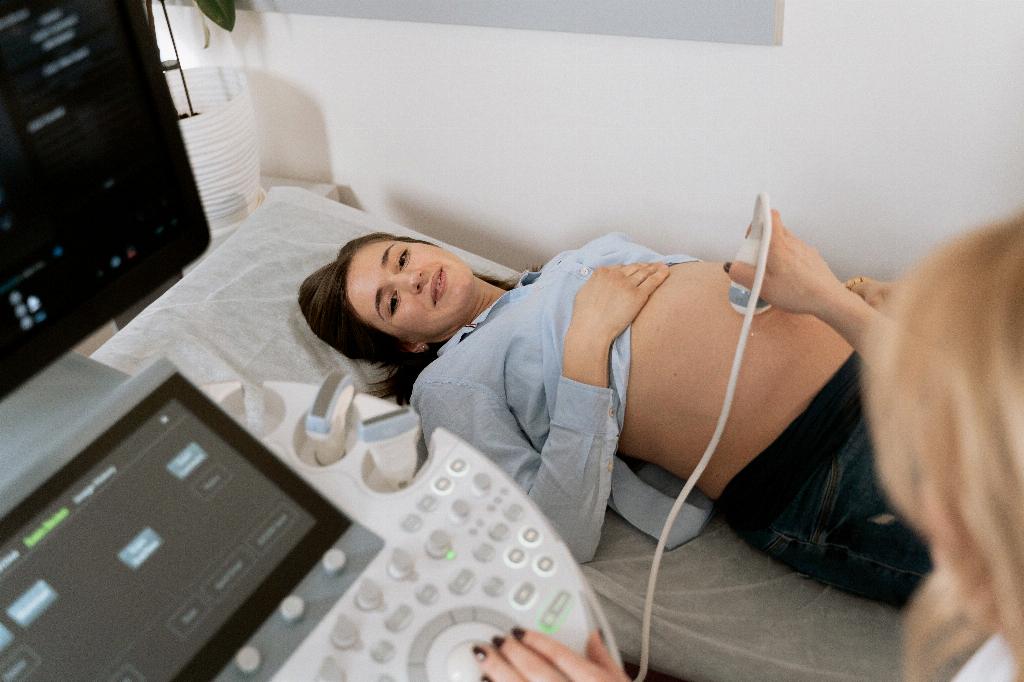When it comes to detecting pregnancy, the time frame for obtaining a positive result on a pregnancy test after implantation can vary. Understanding the process and timeline can help manage expectations and alleviate anxiety for those who are eagerly waiting to find out if they are pregnant.
After implantation occurs, which typically transpires around 6-12 days after fertilization, the body starts producing human chorionic gonadotropin (HCG), a hormone that is crucial for sustaining pregnancy. While traces of HCG may be present as early as 6 days post-implantation, it usually takes 7-10 days for the hormone levels to rise enough to be detected by a pregnancy test.
For individuals with regular menstrual cycles, the recommended time to take a pregnancy test is after the first day of a missed period. This equates to approximately 14 days after ovulation, assuming a standard 28-day cycle. However, for those with irregular cycles or uncertain menstrual dates, pinpointing the ideal time for testing can be more challenging.
If you’re unsure when your period was due or if you have irregular periods, waiting at least 21 days after unprotected intercourse before taking a pregnancy test is advisable. This extended timeframe allows ample opportunity for HCG levels to accumulate adequately for detection, increasing the accuracy of the test results.
It’s important to note that the sensitivity of the pregnancy test also plays a crucial role in determining how soon after implantation it can provide a positive result. Some tests are more sensitive and can detect lower levels of HCG earlier than others, offering the possibility of earlier confirmation of pregnancy.
Factors such as the concentration of HCG in the urine, the timing of the test in relation to the implantation process, and the sensitivity of the test all contribute to the varying timelines for detecting pregnancy. Understanding these variables can help manage expectations and prevent premature testing that may yield inconclusive results.
While many home pregnancy tests claim to provide accurate results as early as 4-5 days before a missed period, the reliability of these early tests can be limited. Waiting until the recommended time frame after implantation increases the likelihood of obtaining an accurate and conclusive result.
Early testing, especially before HCG levels have had sufficient time to rise, can lead to false-negative results, causing unnecessary stress and confusion. Patience is key when awaiting the results of a pregnancy test, as rushing the process can compromise the accuracy of the outcome.
Consulting with a healthcare provider can offer additional guidance and support for individuals navigating the uncertainty of early pregnancy testing. Healthcare professionals can provide insight into the best timing for testing based on individual circumstances and help interpret the results accurately.
It’s essential to approach pregnancy testing with patience, understanding, and awareness of the biological processes at play. Being informed about the timing of implantation, HCG production, and the factors affecting test results can empower individuals to make informed decisions regarding their reproductive health.
Ultimately, the question of how many hours after implantation a positive pregnancy test can be obtained has a multifaceted answer that involves biological processes, individual factors, test sensitivity, and timing. By staying informed and following recommended guidelines for testing, individuals can navigate the journey of early pregnancy detection with confidence and clarity.

